
Don’t Get Roasted by Coffee Bean Roast Dates
Whether you’re a homebrewer or running a small business, understanding coffee bean roast dates is a must if you aim to curate the freshest, best-tasting coffee. It can definitely be confusing to determine what exactly a roast date is and how it differs from expiry dates; especially with the plethora of differing opinions and advice out there. Not to worry! We’ll filter through the details and leave you with clear answers so that you can consistently craft the best brew!
What Is Coffee Bean Roast Date?
Quite simply, the coffee bean roast date indicates when the batch of beans you’re purchasing was roasted. When initially stored, coffee beans are not roasted and are kept in their natural green state, which allows them to be stored longer. If you were to bite into a green coffee bean, you’d find that it would be grassy in flavor and squishy in texture. This state is great for long-term storage, but would definitely make an extremely poor cup of coffee!
To extract maximum flavor out of coffee beans, they must be roasted. The reason the coffee bean roast date is mentioned on the packaging is because of the chemical process that occurs when coffee beans are roasted. The actual roasting process requires coffee beans to be heated up to high temperatures rapidly. When they are at the peak level of being roasted, they will quickly be cooled so as not to burn. A roasted coffee bean is brown in color and is crunchy in texture since much of the moisture within the bean is lost in the roasting process.
Once you’ve roasted a batch of coffee beans, it’s like activating a timer. They must be consumed within a certain period of time since the flavor created by the chemical reaction from the roasting process will slowly diminish if the beans remain unused for too long.
Coffee Beans Expiration Date
Now that we know what a coffee bean roast date is, what does the coffee expiration date tell us? It may seem obvious, but the expiration date lets buyers know after how long their coffee beans will cease to be consumable. Since coffee beans are organic and biodegradable, they will expire at some point. However, what may come as a surprise is that coffee beans can actually expire well before the listed expiry date listed on the packaging.
The main culprit of early coffee bean expiration is poor storage. When you receive a bag of coffee beans, they will be housed in a nitrogen-filled sealed bag to keep the beans fresh for the longest amount of time possible. However, once you open that bag up, your beans are exposed to the air which contains humidity, contaminants, and other unavoidable atmospheric substances, which will degrade your coffee beans faster.
To avoid early expiration, make sure to use an airtight coffee canister so that your coffee beans can be protected from contaminants and humidity. If you store your beans properly, the expiry date on the packaging will be relatively accurate, and it should mean your beans will be usable for a year after opening. Though, you may not want to wait that long…
How Long After Roast Date Is Coffee Good For?
The expiry date lets you know when you should use your beans by, right? Well, yes. But not if you want to get the best-quality and freshest result. If you really care about the taste of your coffee and want the purest brew, you need to really pay attention to the coffee bean roast date. Most baristas agree that consuming your coffee beans anywhere between 7-21 days after the stated roast date will give you the best-tasting coffee.
It’s important to note that if you plan on buying coffee for immediate use, you shouldn’t purchase beans that have been roasted less than a week prior. Beans that are ‘too fresh’ are still going through a degassing phase from the roasting process, and until the beans have time to equalize, they will not offer the correct flavor profile when brewed.
Is It OK To Use Expired Coffee Beans?
The answer is a bit complex. Coffee beans degrade in a different way than most food products. It won't develop mold or make you sick, even after the expiry date as long as they are kept dry. So from a health perspective, you're in the clear even if the date has passed.
However, that's not to say that your coffee will taste fresh. Coffee's flavor will degrade over time as exposure to oxygen will cause the chemical makeup of your beans to break down and lose intensity. To make sure you're drinking your coffee at the peak of its flavor, you should try to drink your coffee within 3 weeks of the purchase date
How To Buy The Best Coffee Beans
Now that you understand what coffee bean roast dates are, how they relate to expiry dates, and when the ideal time to consume your coffee beans is, you can start planning ahead. Buying in bulk, unless you plan to use large quantities of coffee beans in a short period of time, is not advisable if you want to keep your brew pure and within the period of best flavor. Try to plan your coffee bean purchases so that you can use your coffee beans within 7-21 days after the coffee bean roast date and enjoy a brew that is truly packed with aroma and nuance! Equally as important, make sure to store your coffee beans in an airtight container once they have been opened. This will preserve their freshness for far longer!


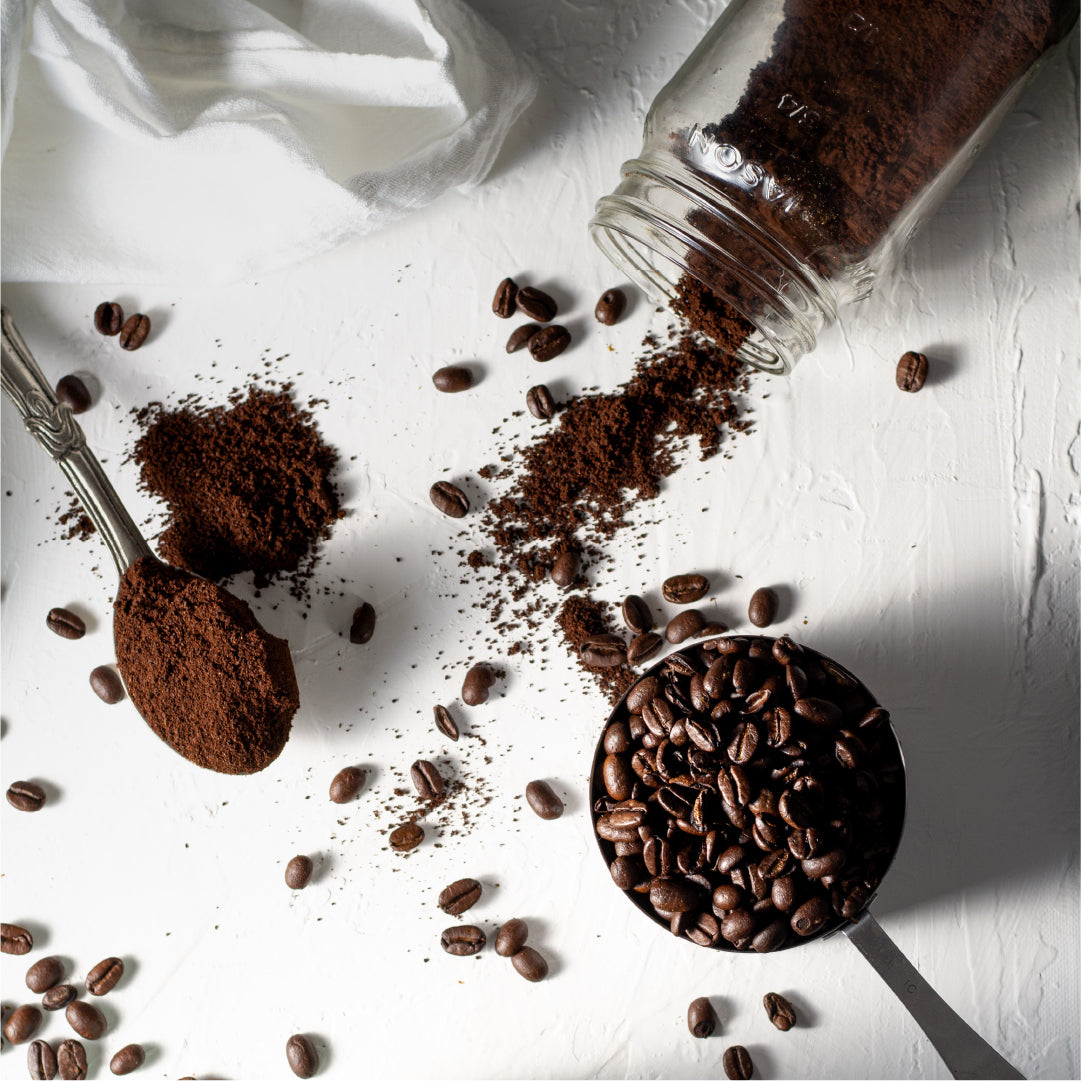
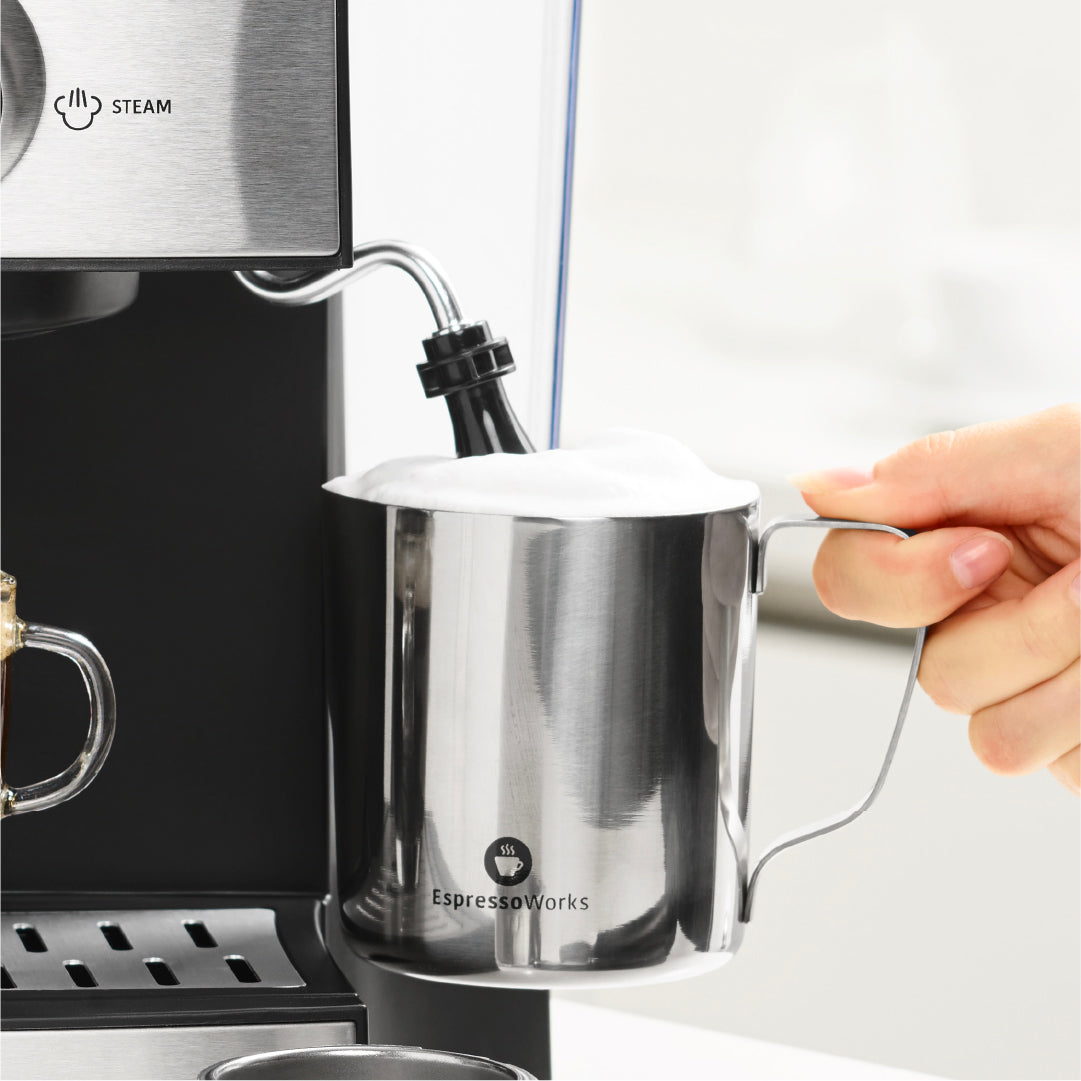
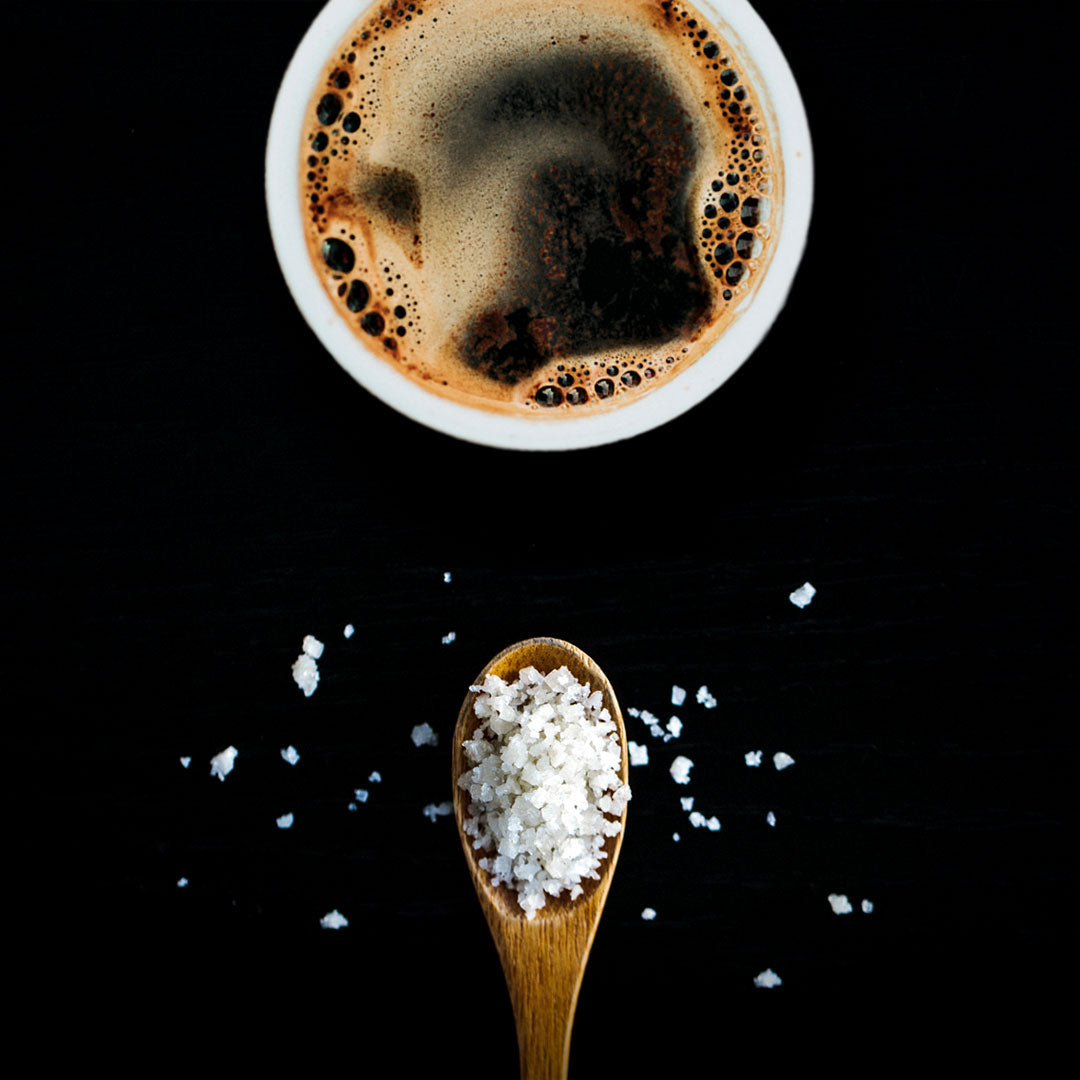
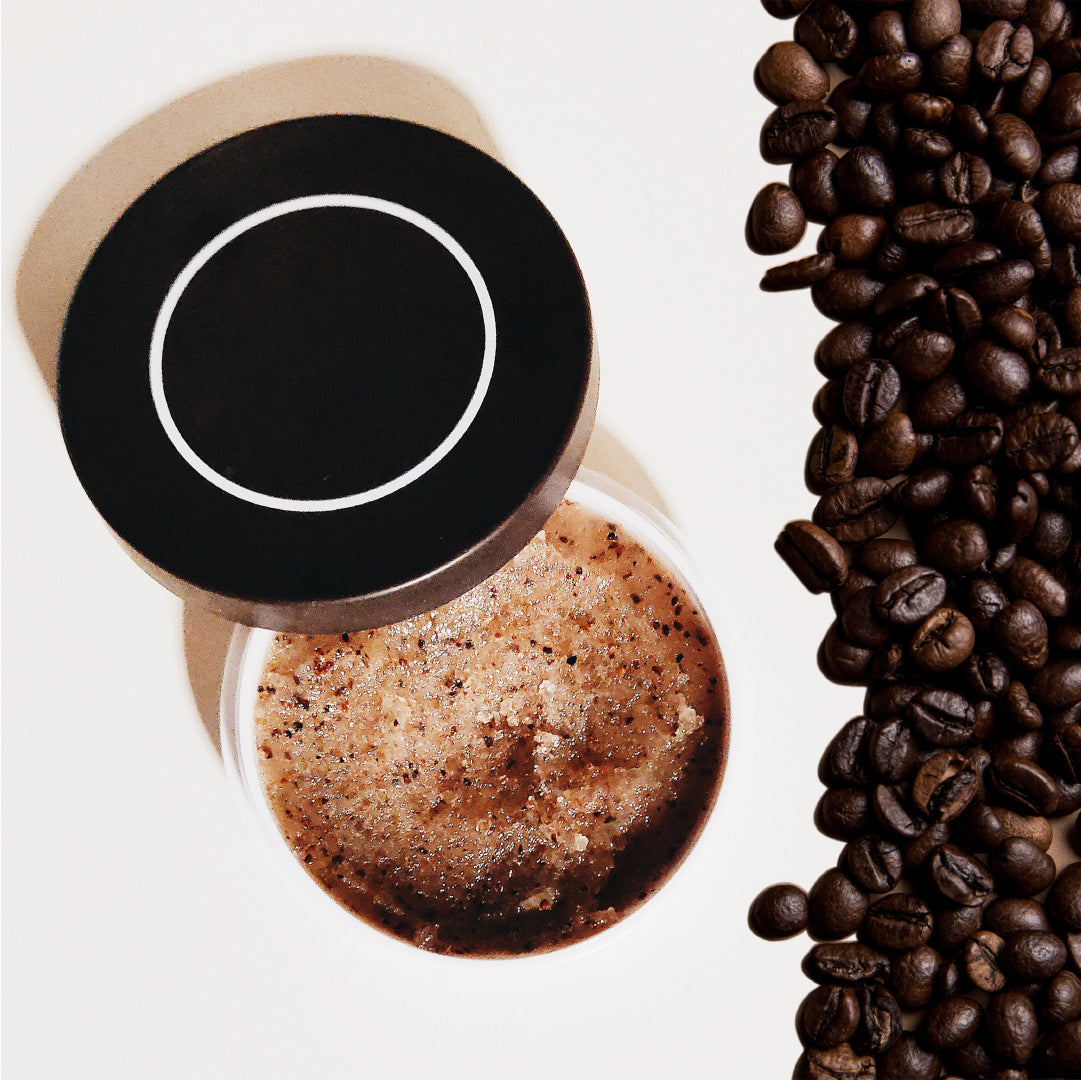

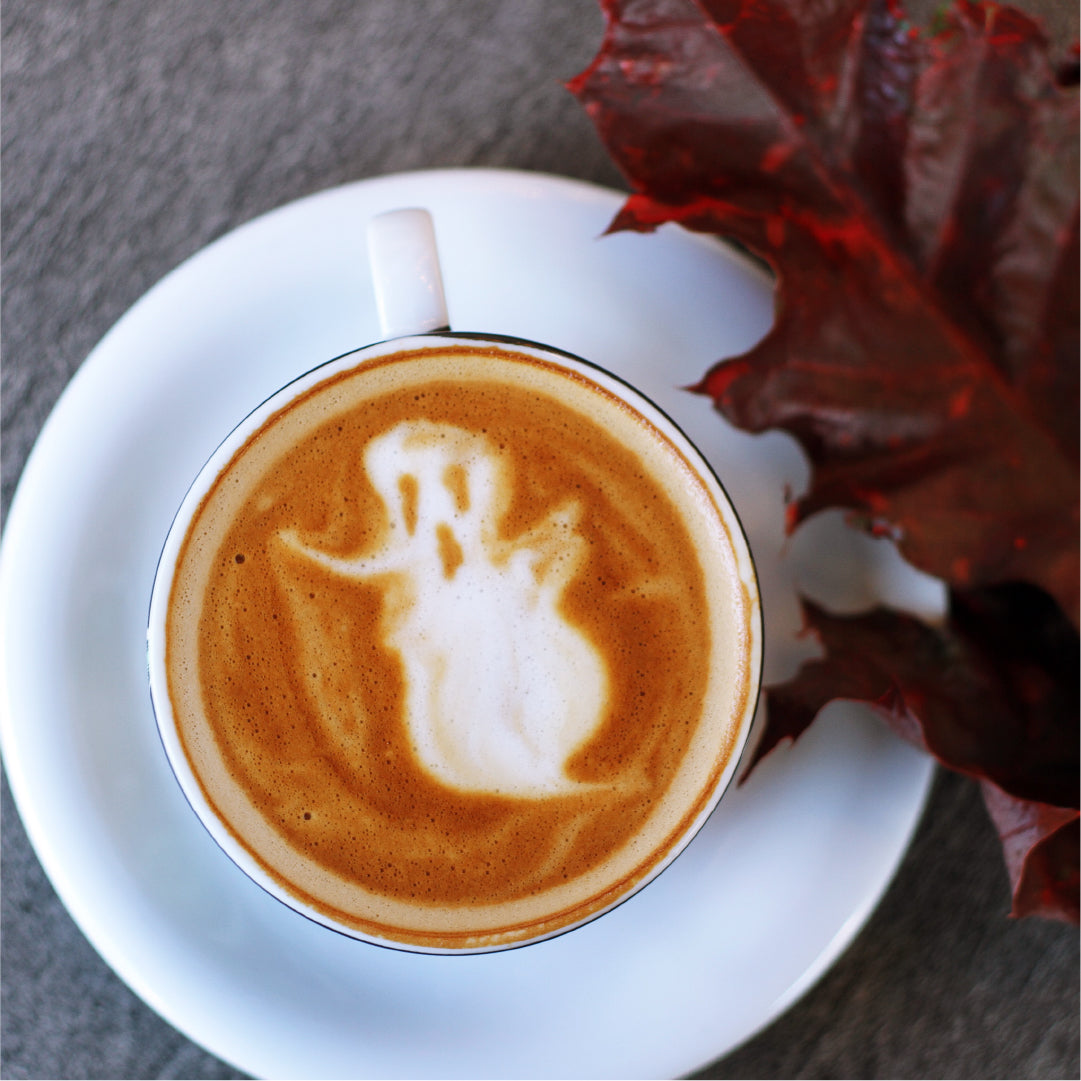
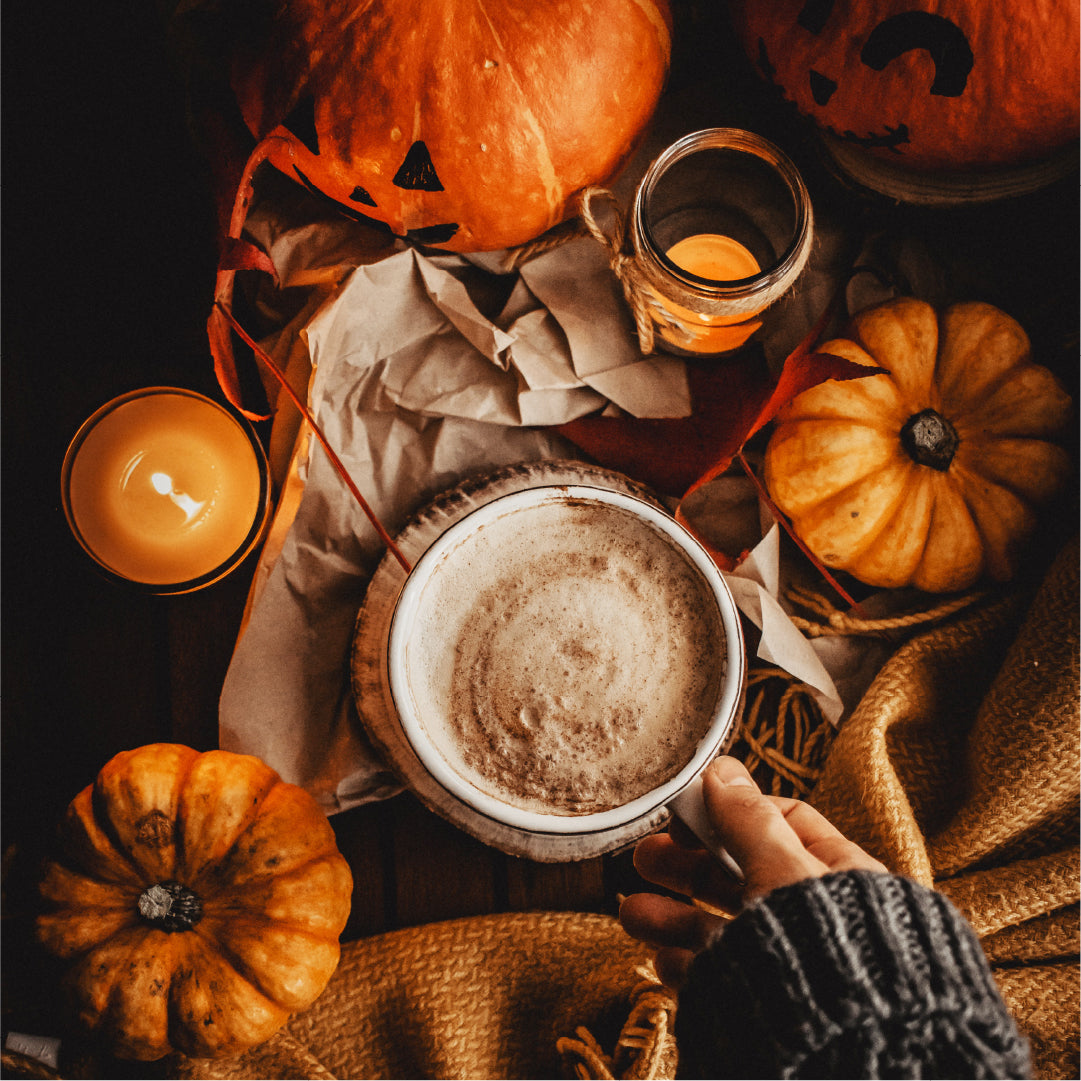
Share:
Making Cold Brew Coffee at Home
Pumpkin Spice Latte Recipe